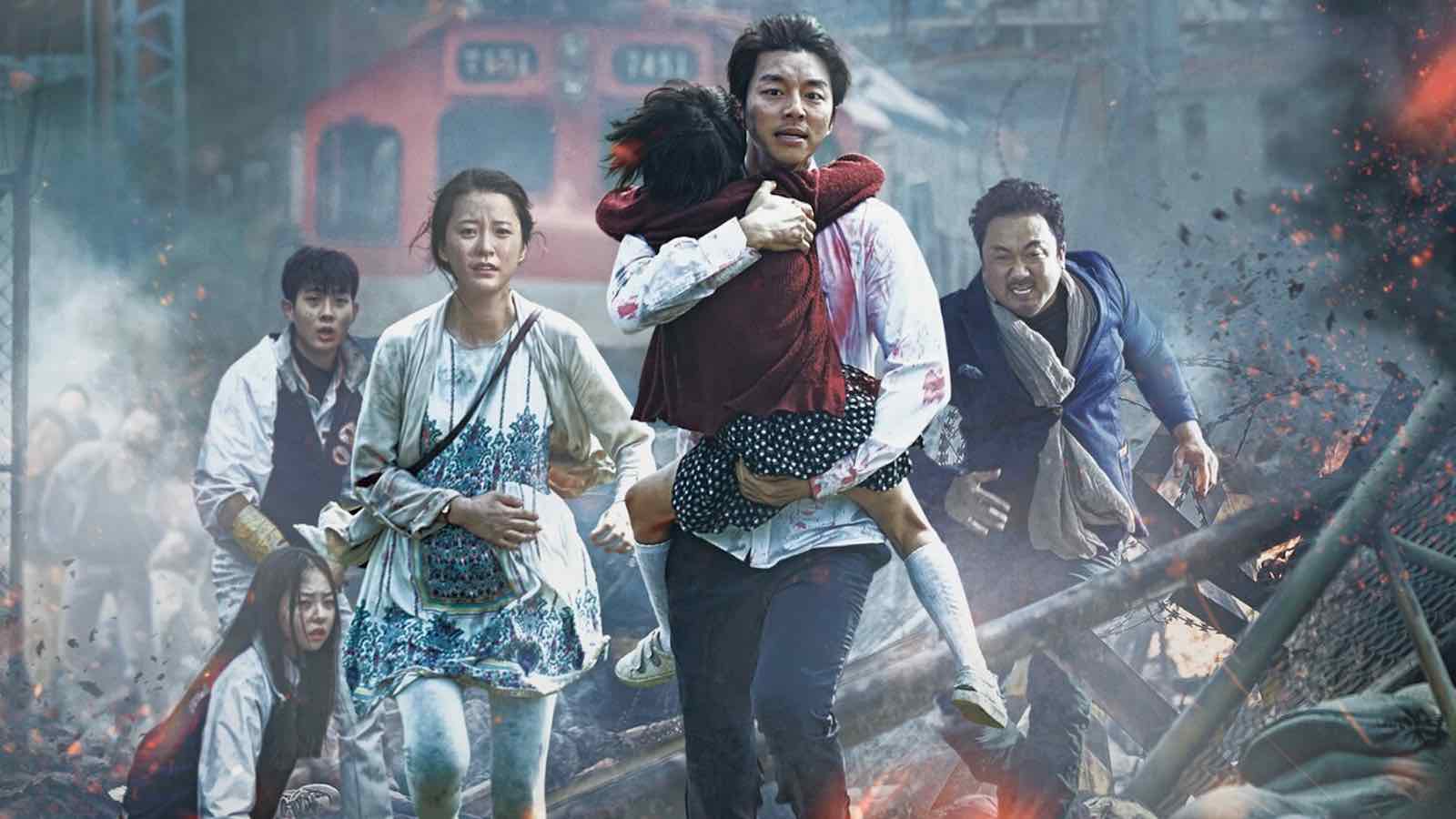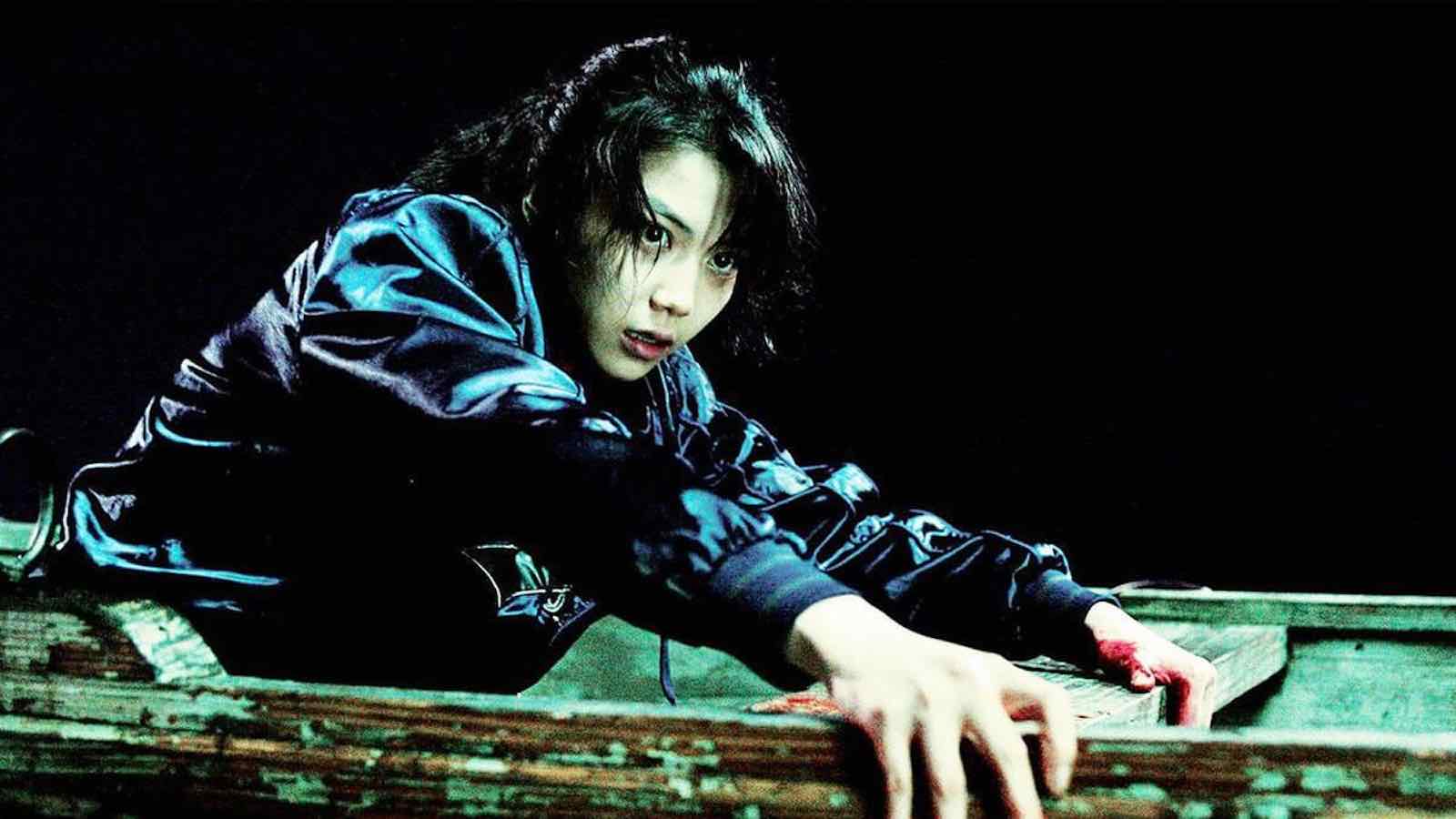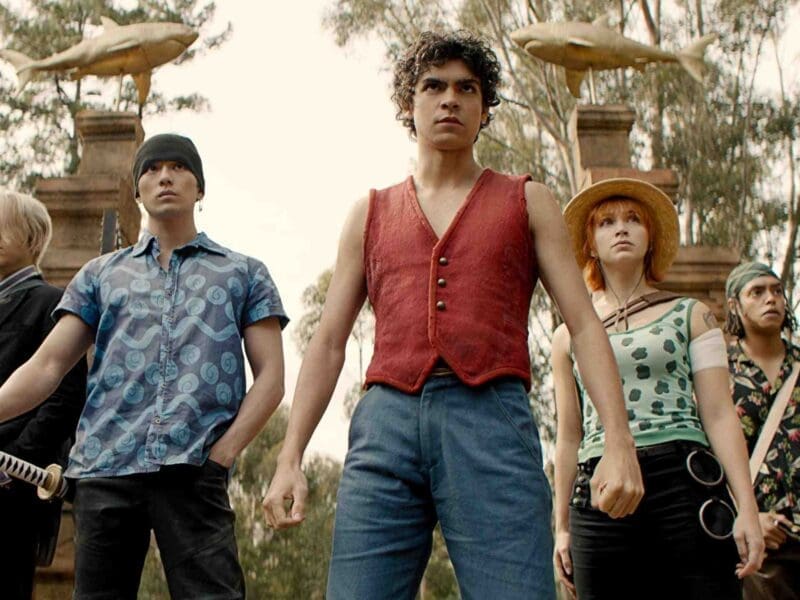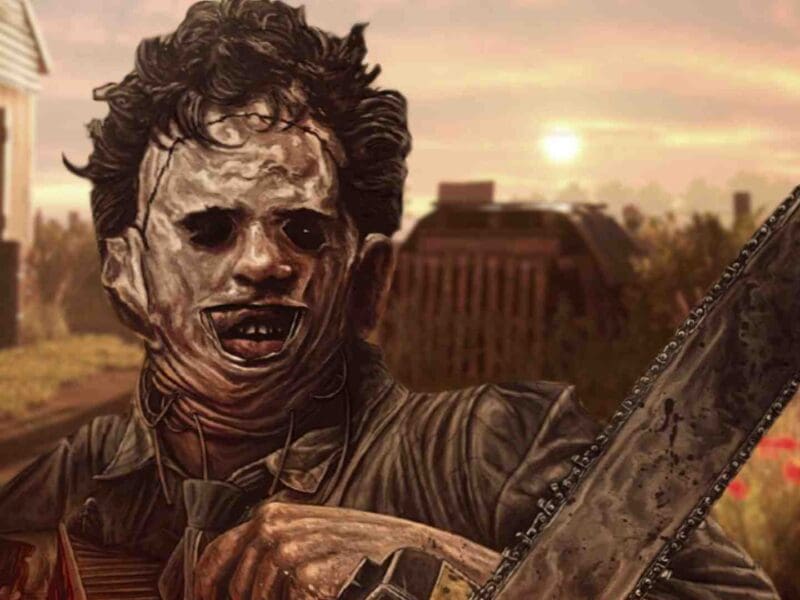
Check out the creepiest Korean horrors
Yeon Sang-ho’s latest film Psychokinesis (following Train To Busan, see below) finally hit Netflix, and it’s a doozy. The story is your typical tale of parent / child bonding. Only the daughter is an anti-corporate crusader and the dad goes about trying to save her and rekindle their relationship with the help of some unexpected superpowers.
We’re all for Sang-ho’s satirical black comedy. We’re also all for the Korean horror genre. No one does horrors quite like South Korea – from psychological thrillers to supernatural spooks, there’s something for everyone to enjoy. So if you’re looking to boost your Saturday night scareathon, look no further – here are ten of the best South Korean horror flicks, ranked for your viewing pleasure.
Hide and Seek (2013)
South Korean filmmaking has a knack for creating tension and fear without resorting to cheap and easy scares. This is perfectly exemplified in Jung Huh’s thriller about a man whose perfect life goes awry when he learns his estranged brother has gone missing. What follows are a series of sinister events, jump-started by the discovery of some mysterious hide and seek codes.

Lady Vengeance (2005)
This would be higher on the list, but it’s not technically a horror. However, as the third installment in Park Chan-wook’s Vengeance Trilogy, it does contain a real-life monster (in human form), a healthy dose of fear, and a buttload of gore. It’s also a modern day masterpiece and testament to Park’s talent as a filmmaker.

The Host (2006)
Forget A Quiet Place – Joon-ho Bong’s monster flick is all you need. With dodgy CGI giving it a b-movie feel, the storytelling, direction, and performances from the ever-wonderful Kang-ho Song (Memories of Murder) and Ko Ah-sung (Snowpiercer) pull it together as a meaningful and emotional action hit.
Whispering Corridors (1998)
An oldie (kinda) but a goodie, Whispering Corridors uses an all girls’ high school as the backdrop for the story of supernatural suspense. It’s an important film, not just for South Korean cinema, but for the country overall, marking the explosion of movie releases following the removal of censorship in the state.

Train to Busan (2016)
We had been asking for a fresh, original take on the genre narrative and boy, did Sang-ho deliver. By injecting some much-needed K-horror flair, the film focused on the humanistic and psychological trauma suffered by its characters in the midst of a zombie outbreak, while still serving up plenty of gory violence and claustrophobic fear for its trapped train passengers.

Thirst (2009)
Thirst follows a priest who is accidentally contaminated with vampirism and is forced to abandon his ascetic ways. Things take a turn for the even more complicated when he meets and falls for a sullen household slave as she’s transformed into a ravenous bloodsucker. Park Chan-wook truly delivers on his unique take on the vampire genre, weaving themes of religion, love, and morality into the narrative while still tieing in perfect levels of horror, gore, and vengeance.

Oldboy (2003)
As is the case with Lady Vengeance, Park Chan-wook’s cinematic showpiece ranks lower for logistical reasons. (Had we been writing a list on South Korean films overall, Oldboy would without a doubt be our #1.)
This gripping thriller sees our protagonist Oh Dae-su (played to perfection by Min-sik Choi) tortured to the edge of sanity, before transforming into the perfect noir antihero, driven by vengeance and a relationship that serves as the foundation for one of the greatest twists in cinematic history.

I Saw the Devil (2010)
In this case, the devil refers to an NIS agent who will stop at nothing to avenge the murder of his fiancée. Ya boys Min-sik Choi (Failan) and Byung-hun Lee (A Bittersweet Life) give gut-wrenchingly stunning performances in Jee-woon Kim’s tale of crime, torture, and bloody vengeance, taking the concept of “an eye for an eye” to a bloody new level.
A Tale of Two Sisters (2003)
Years before the Guard brothers got their greasy hands on Jee-woon Kim’s artful masterpiece and turned it into a Hollywood cliché (the less said about The Uninvited, the better), A Tale of Two Sisters launched into the cinesphere as a supernatural masterpiece in psychological deterioration, following a dysfunctional family as they face a series of hauntings, all of which are connected to a dark past in their history.

Bedevilled (2010)
In Jang Cheol-soo’s directorial debut, the protagonist – named Bok-nam (Seo Young-hee) – is tortured and molested by her husband and his brother and berated by her aunt and the village elders before hitting breaking point and taking revenge on everyone who wronged her.
While this film might fetishize Bok-nam’s suffering, using sexual assault and abuse as the emotional catalyst for the female hero’s journey, it counters this with its messages on complicity, showing just how much damage inaction can have on a person’s suffering. And in true K-horror finesse, the film present’s society’s real monsters in this horror show we call life: humans.







